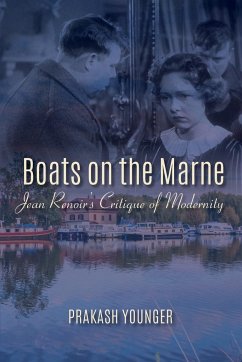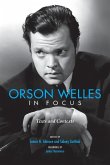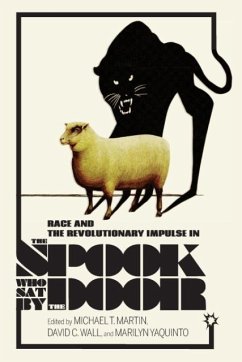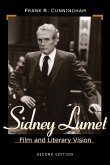Boats on the Marne offers an original interpretation of Jean Renoir's celebrated films of the 1930s, treating them as a coherent narrative of philosophical response to the social and political crises of the times. Grounded in a reinterpretation of the foundational film-philosopher Andre Bazin, and drawing on work from a range of disciplines (film studies, art history, comparative literature, political and cultural history), the book's coordinated consideration of Renoir's films, writings, and interviews demonstrates his obsession with the concept of romanticism. Renoir saw romanticism to be a defining feature of modernity, a hydra-headed malady which intimately shapes our personal lives, culture, and politics, blinding us and locking us into agonistic relationships and conflict. While mapping the popular manifestations of romanticism that Renoir engaged with at the time, this study restores the philosophic weight of his critique by tracing the phenomenon back to its roots in the work and influence of Jean-Jacques Rousseau, who first articulated conceptions of human desire, identity, community, and history that remain pervasive today. Prakash Younger argues that Renoir's films of the 1930s articulate a multi-stranded narrative through which the director thinks about various aspects of romanticism and explores the liberating possibilities of an alternative paradigm illuminated by the thought of Plato, Montaigne, and the early Enlightenment. When placed in the context of the long and complex dialogue Renoir had with his audience over the course of the decade, masterpieces such as La Grande Illusion and La Regle du Jeu reveal his profound engagement with issues of political philosophy that are still very much with us today.
Bitte wählen Sie Ihr Anliegen aus.
Rechnungen
Retourenschein anfordern
Bestellstatus
Storno








